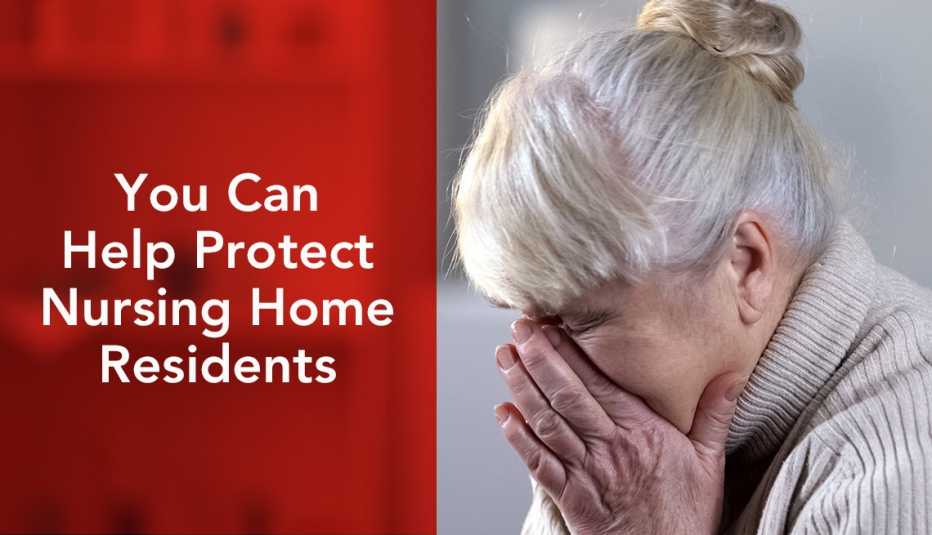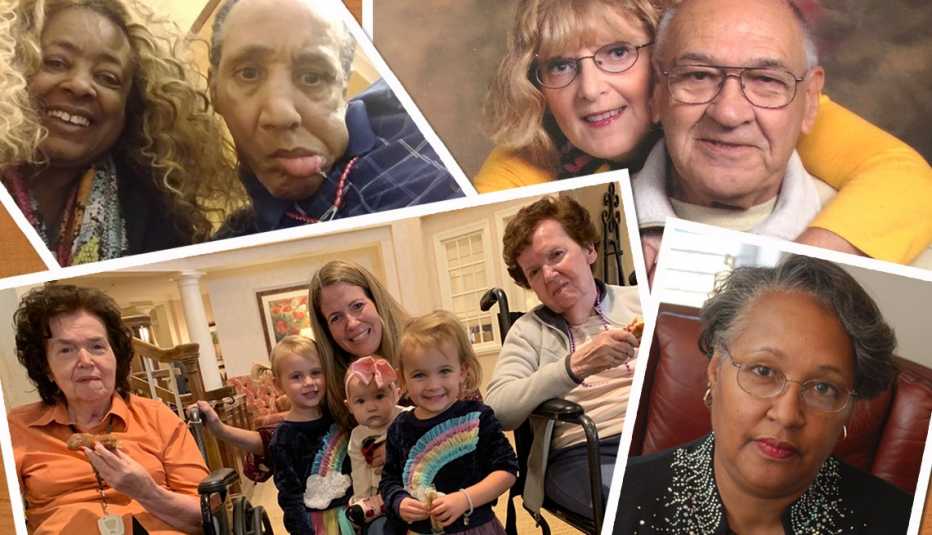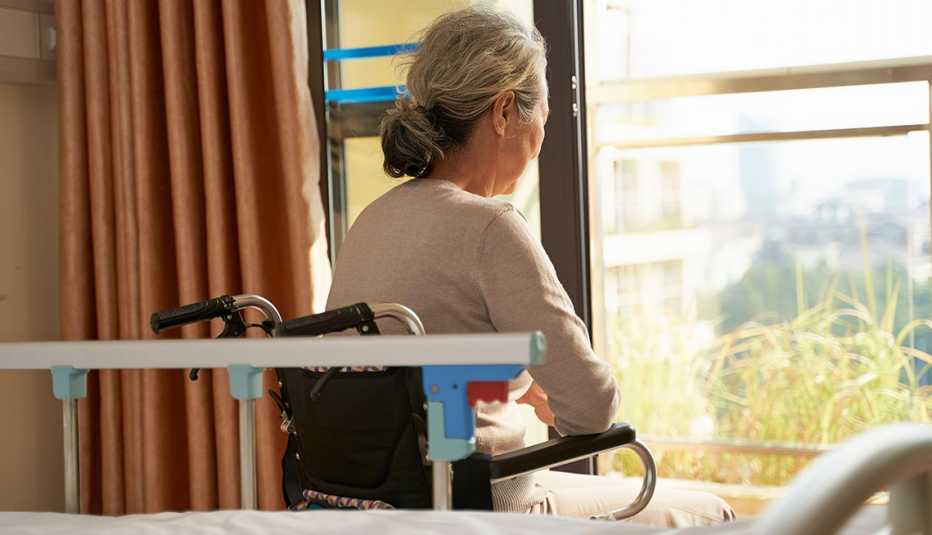Staying Fit
America's long-term care facilities are ground zero for the coronavirus crisis, accounting for more than a third of the nation's COVID-19 deaths. Although nursing homes have been hardest hit, assisted living facilities have also reported clusters of cases and deaths.
With these facilities in lockdown and the virus spreading rapidly, residents and their loved ones and representatives are desperate for up-to-date information. But getting it can be difficult. When it comes to government data and news reports on cases and deaths, assisted living facilities are often lumped into a “long-term care” or “congregate living” category with nursing homes, memory care communities, independent living facilities and others.


AARP Membership— $12 for your first year when you sign up for Automatic Renewal
Get instant access to members-only products and hundreds of discounts, a free second membership, and a subscription to AARP the Magazine.
If you have a loved one in an assisted living facility, here are some key questions that experts recommend asking. (Here's a separate list of questions for nursing homes.) In seeking answers, “be very energetic,” says Eric Carlson, an attorney with Justice in Aging, a national nonprofit legal advocacy organization.
"Call as much as possible,” he adds. If you can't get through by phone, try emailing. And if that fails, contact the office of your state's long-term care ombudsman, which can help with complaints and refer you to the appropriate regulatory agency in your state.
1. Has anyone at the facility tested positive for COVID-19?
Inquire about residents, staff, vendors and anyone else who has access to the facility. If COVID-19 has been detected, ask how many people have tested positive, to give an idea of the level of the outbreak.
Also ask about who's being tested and how often. To identify positive cases, facilities need to be testing regularly. But assisted living facilities are less likely to have access to testing than nursing homes right now, Carlson says. Follow-up questions are important to get the full picture.




































































